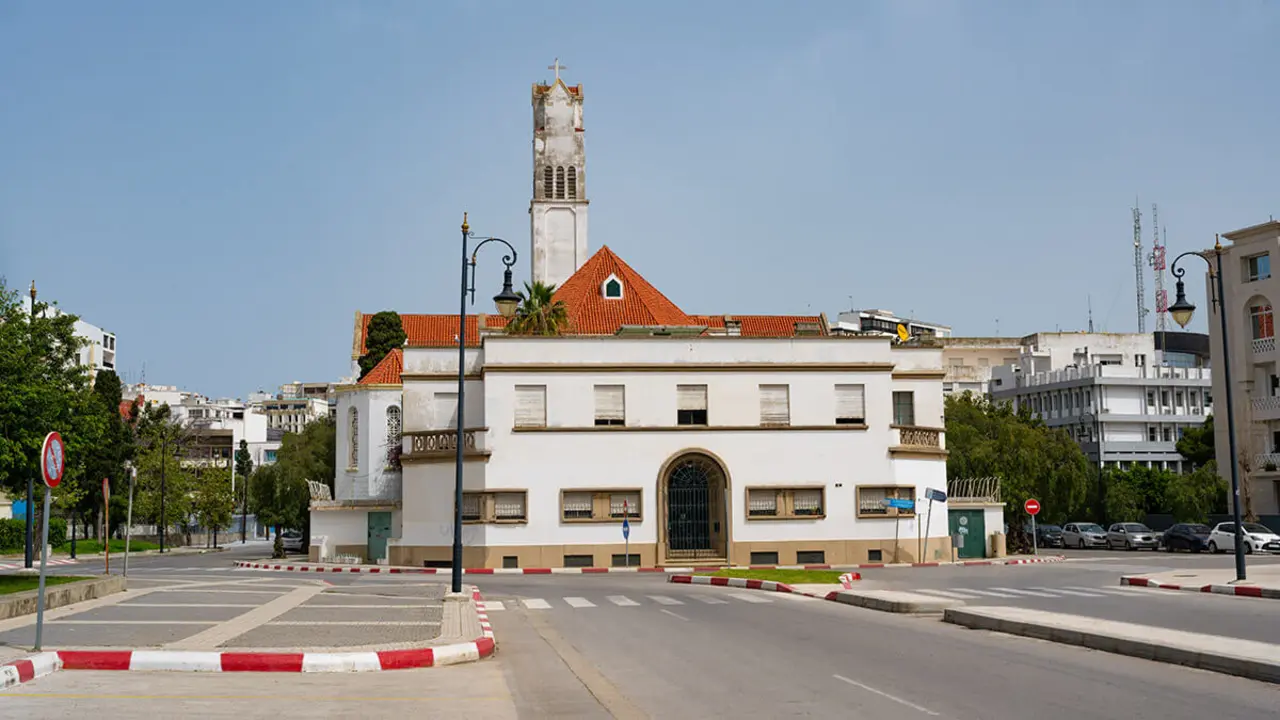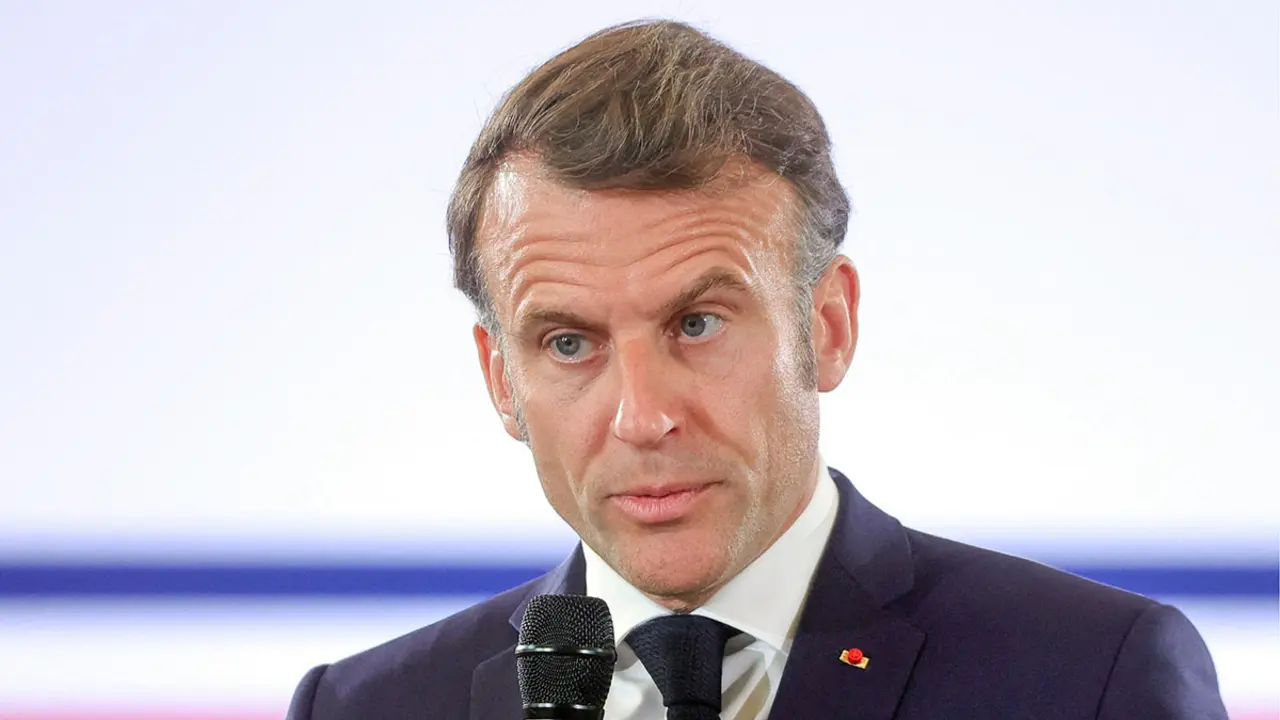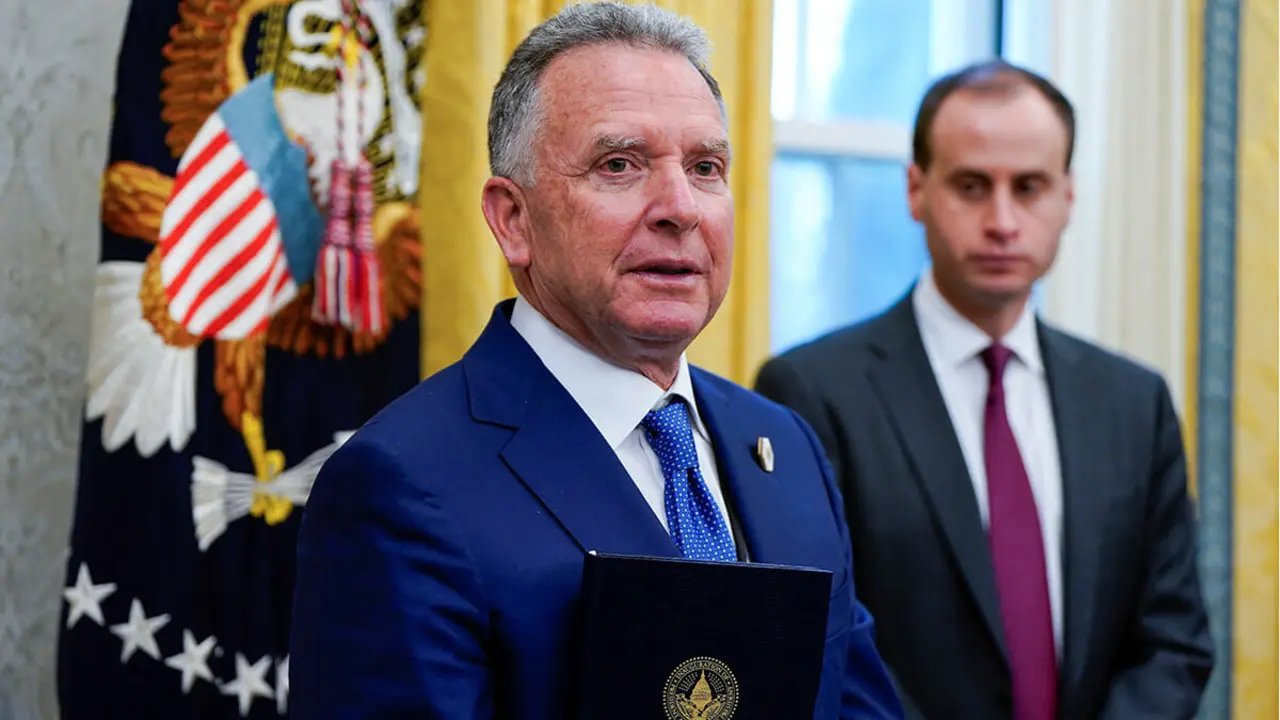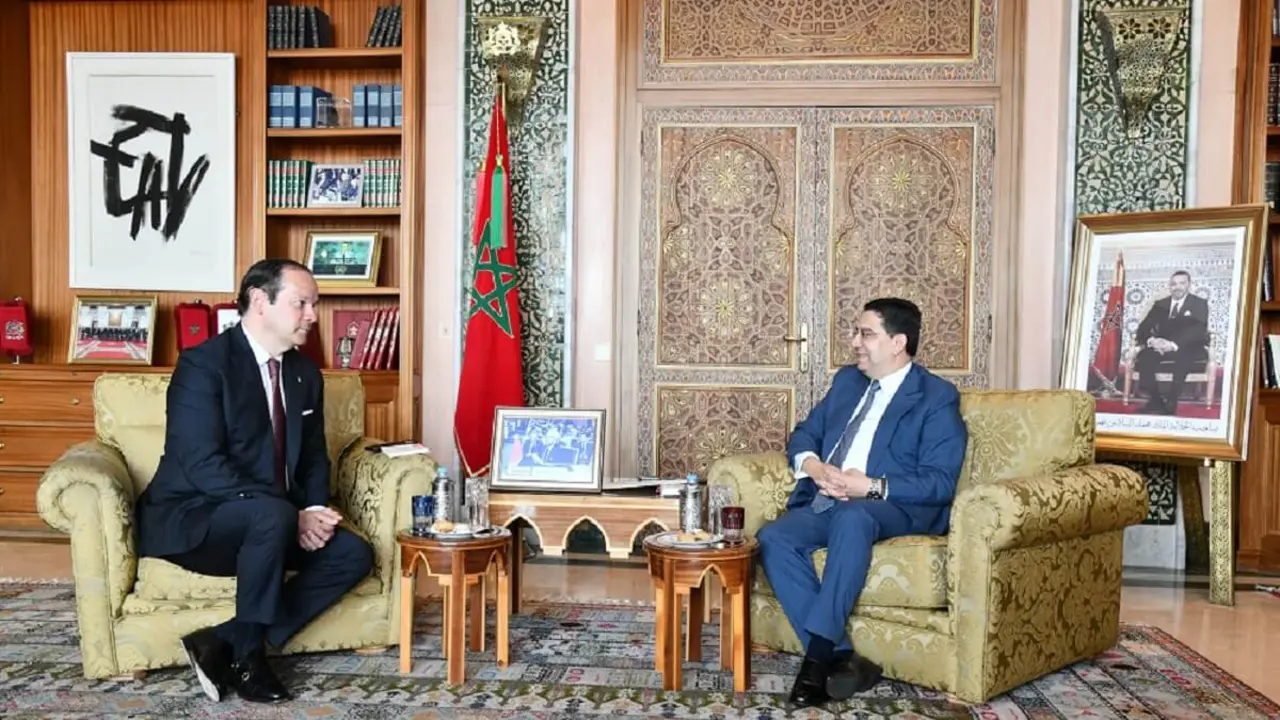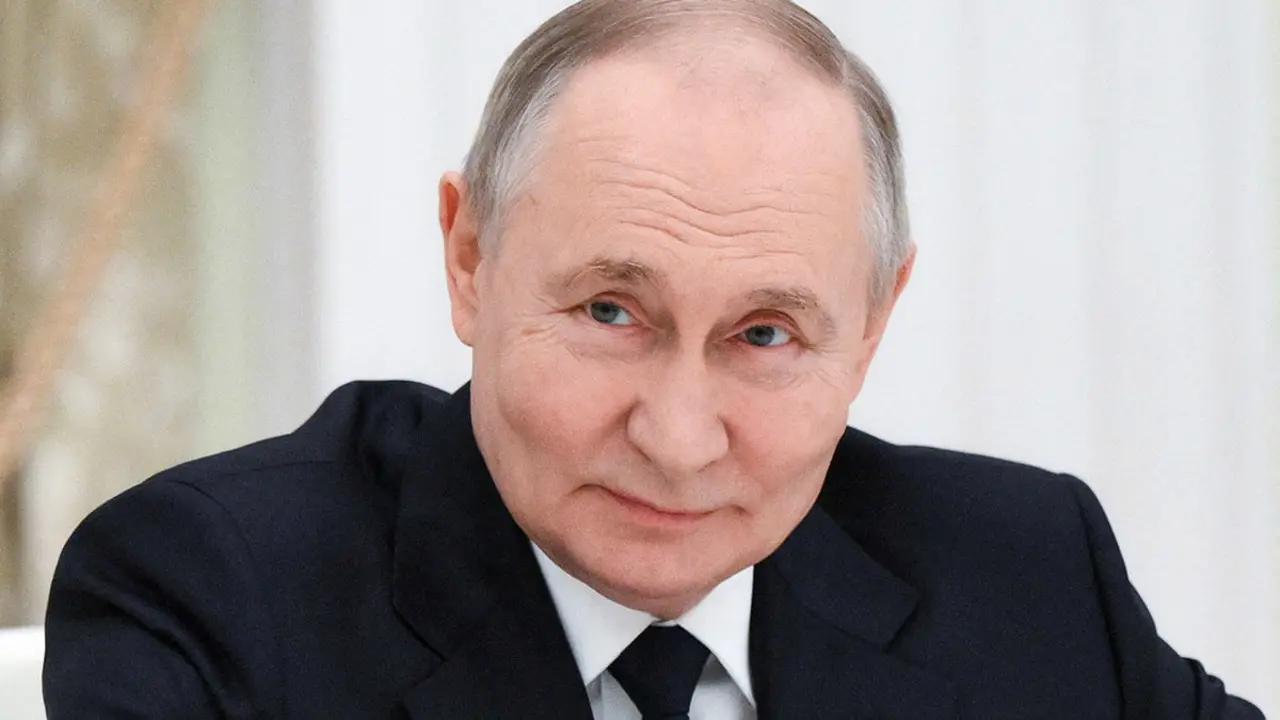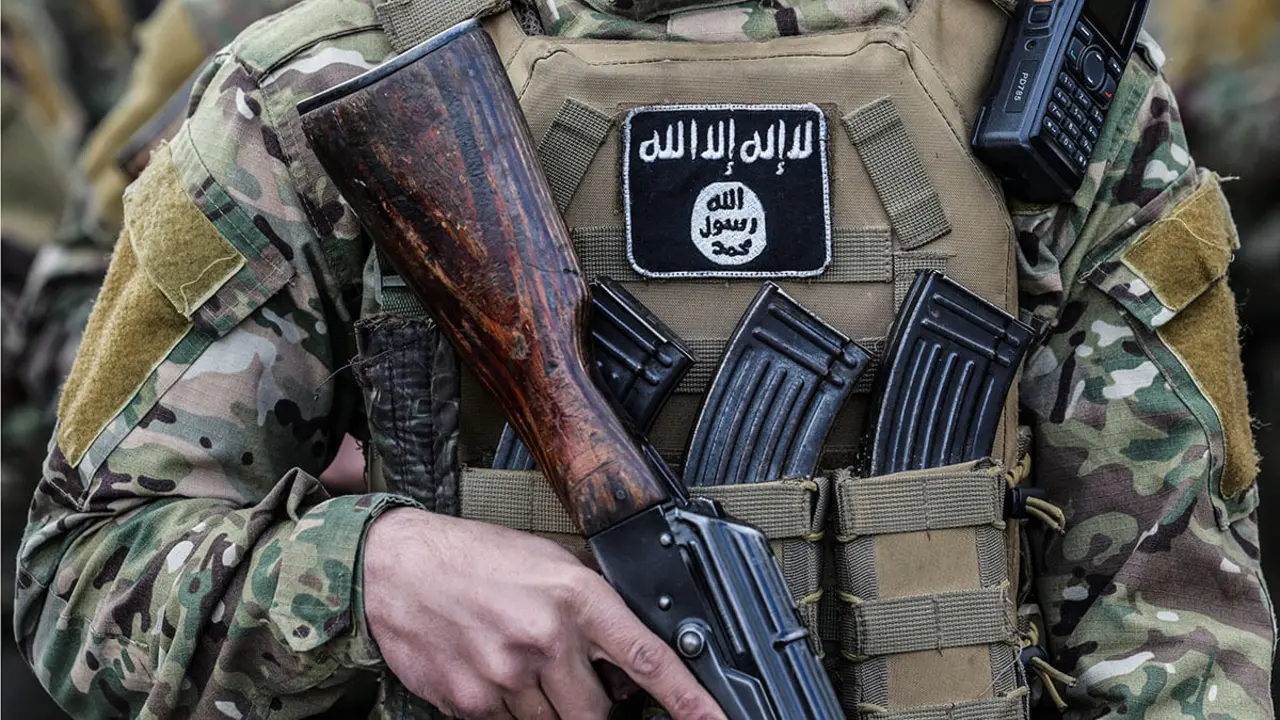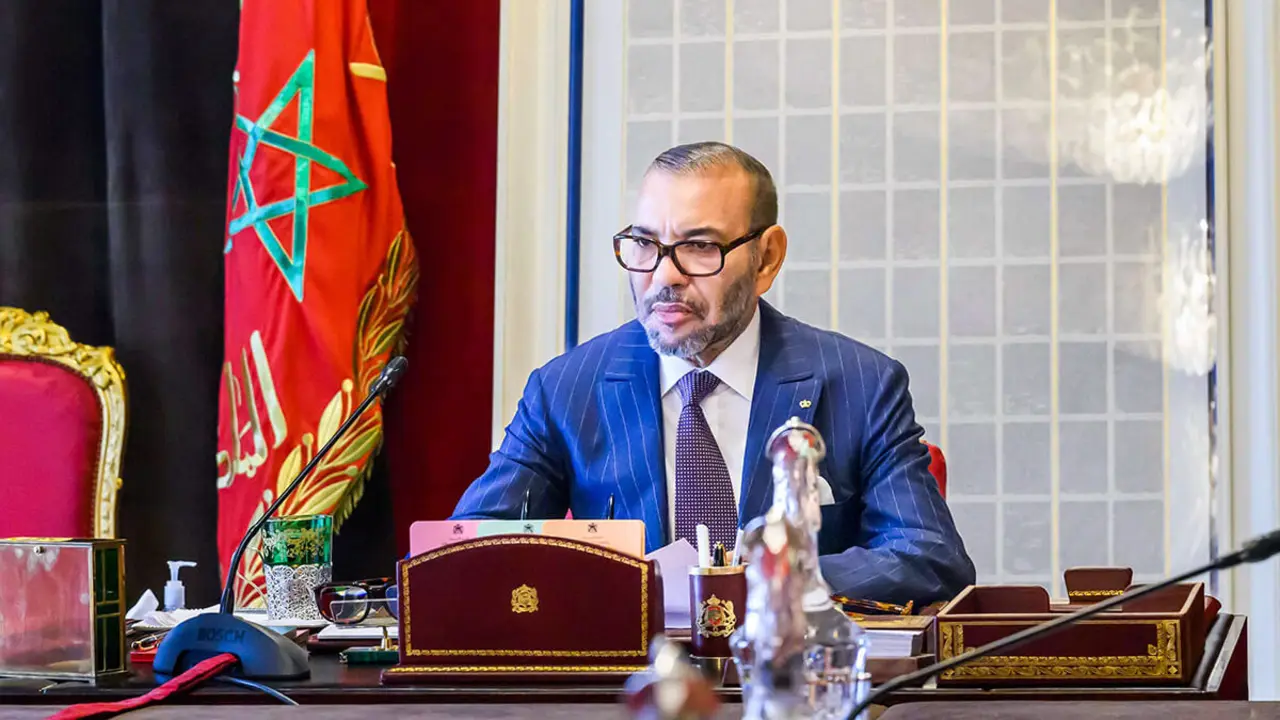Algerian leader Abdelmadjid Tebboune announces his return
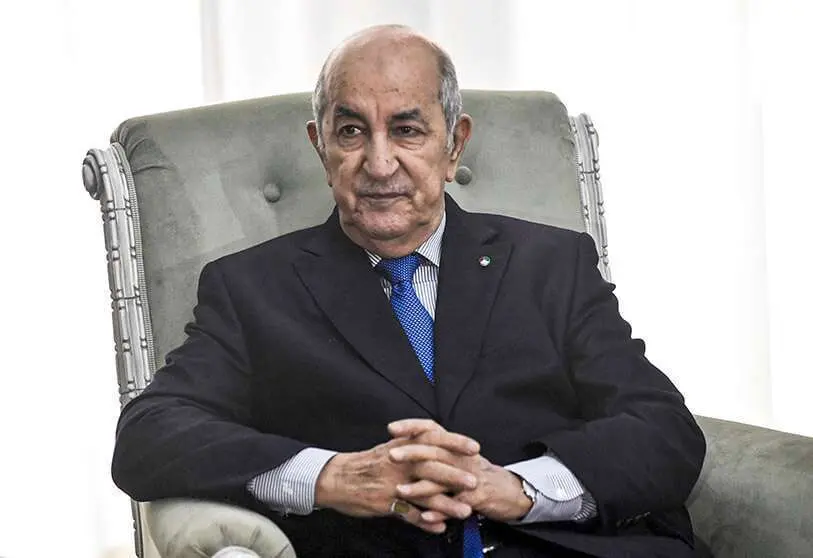
Abdelmadjid Tebboune, Algeria's president for nearly a year, announced on Monday night in a brief statement that his recovery is progressing favourably and that he will return to Algeria "in the next few days". The president, who is reported to have left the German hospital where he was, continues to recover in the country on medical advice.
On 28 October the president of Tebboune was transferred to Germany to monitor his progress after being in contact with several members of his government who had tested positive for the coronavirus a few days earlier. Tebboune was admitted to the Ain Naadja military hospital in the Algerian capital from 24 October until his transfer to Germany.
During the month the president was in Germany, the referendum on the new constitution was held in Algeria. The referendum, which took place on 1 November and showed the total rift between Algerian society and its political class, attracted only 23 percent of the electorate, of whom only two-thirds- 66 percent-even voted in favour. One of the first tasks that the Algerian president will have on his return will be precisely to promulgate this new Constitution, in addition to ratifying the Budget Law for 2021.
Tebboune's vision of being transferred to Germany, together with his age - 75 years - and the link with Algeria's recent political past, have furthermore fuelled his comparison with Bouteflika, who was also transferred abroad on several occasions for medical reasons. Tebboune's presidency has been greatly criticised by the Hirak movement, the name given to the social protests that have been shaking the country for over a year. The movement understands that Bouteflika's change to Tebboune is nothing more than a change of cards in the Algerian regime, and that it seeks to change everything so that, in reality, nothing changes, the new constitution being the clearest example.
Over and above the protests' view of the work of the Algerian president, there is concern that his convalescence and age could take their toll on his presidency, which would entail the need to seek a new successor with the approval of the Algerian military establishment, which has great influence on the country's political life. In any event, if there is a lengthy recovery process, article 102 of the Basic Law could be applied to fill the president's vacancy-something that some are already calling for-and which would mean the interim presidency of Salah Goudjil, who is currently head of the Senate.
The communiqué issued by Tebboune seeks to appease these dissenting voices that were calling for the mechanism to be used to cover up their shortcomings. However, despite his return, political uncertainty will continue in Algeria, with a society that continues to protest in the streets and regards the face-lifting initiated by Tebboune as a pantomime and calls for structural changes in the country.

